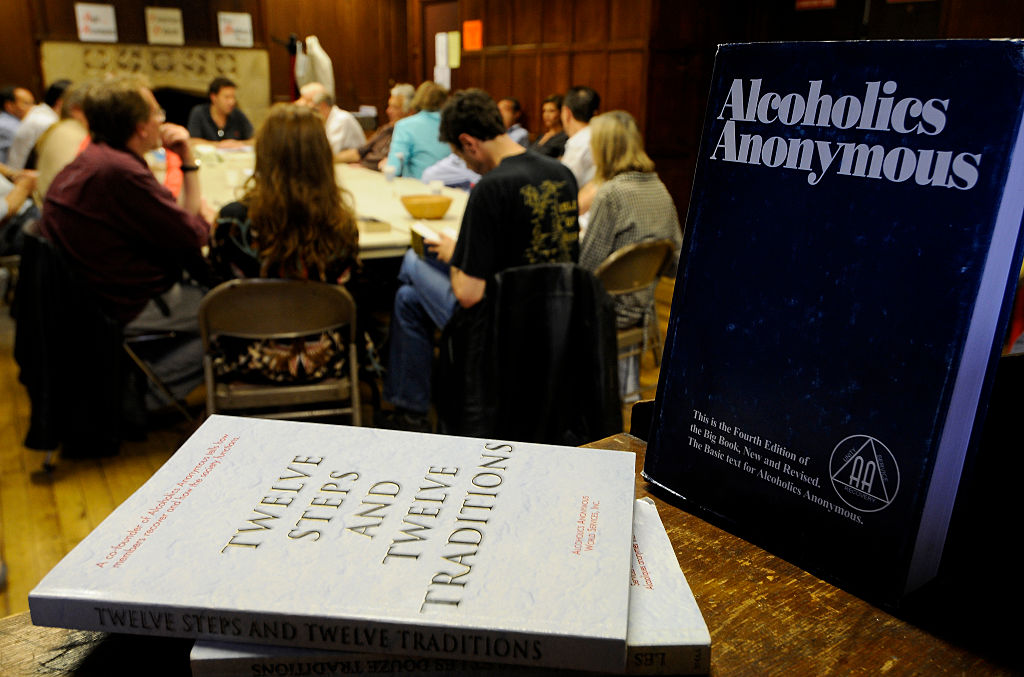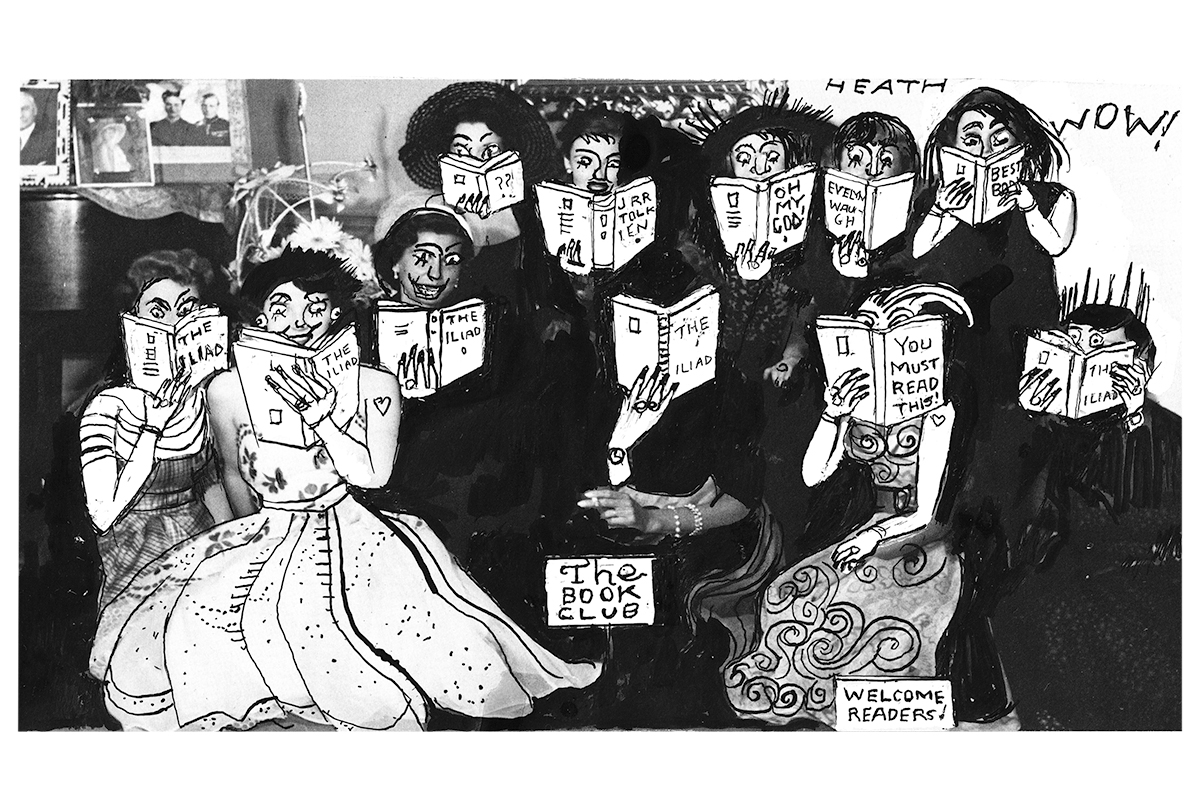I blame Kafka. When he died in 1924, the vast majority of his imaginative work remained unpublished, including three novels and a substantial number of remarkable short stories. He left instructions, however, for Max Brod, his literary executor, that all his unpublished work should be destroyed. Brod ignored this, and brought some classics of German literature into print after the author’s death. He sensibly concluded that if Kafka had been serious about wanting his work destroyed he wouldn’t have appointed Brod as literary executor in the first place.
Much of the story seems like something that floated into Márquez’s head and then drifted off
The case was a good one; but it has undoubtedly had some ugly consequences. Manuscripts have surfaced that their authors either made clear they didn’t want published or had simply left behind, often resulting in little enhancement to their reputations. Vladimir Nabokov’s The Original of Laura made very little impact when it finally appeared. And, though Go Set a Watchman was published six months before Harper Lee died, it is hard to believe the book would have made it into print during her prime.
The question of the posthumous publication of drafted novels has been unhelpfully mixed up with the question of the publication of an author’s private papers. The destruction of letters and diaries — rather than a decades-long embargo to save the feelings of the living — has never turned out to be justified, whether it was John Murray burning Byron’s memoirs, or Robert Liddell destroying Elizabeth Taylor’s letters, Ted Hughes disposing of Sylvia Plath’s last volume of diaries or Philip Larkin’s secretary shredding his diaries. Conflating these situations with the suppression of a writer’s considered but rejected creative work is to bring two different problems together.
Gabriel García Márquez’s last great novel was Love in the Time of Cholera. It was followed by the slighter works The General in his Labyrinth (about the last months of Simón Bolívar) and Of Love and Other Demons. Memories of My Melancholy Whores, concerning a ninety-year-old man having sex with a fourteen-year-old prostitute, was a little challenging for contemporary mores — after which he was apparently silent. No harm in that. Hardly any writers have changed world literature as García Márquez did with One Hundred Years of Solitude and Love in the Time of Cholera. His reputation was secure.
Until August is a last offering. García Márquez was suffering from dementia towards the end, but he was at least clear that the novel wasn’t up to snuff and shouldn’t be published as a whole. He had, however, allowed parts of it to be printed, and had even read from it during an evening in Madrid in 1999, in company with the greatest of Portuguese novelists, José Saramago. What an evening that must have been! Before he died in 2014, García Márquez actually finished it — but remained dissatisfied. Nevertheless, his sons have decided to issue it as a “lost novel” — and good luck to them. I hope it doesn’t have any effect on the way people think of their father’s best writing.
A middle-aged woman, with a husband and two adult children, performs an annual duty. Every August she makes a trip to the remote island where her mother chose to be buried and clears the weeds from her grave and lays flowers. This has been going on for several years, and the journey has grown easier since the island’s development as a tourist resort. Her marriage is more or less happy. Her son is a successful musician; her daughter threatens to become a nun. The woman’s name is Ana Magdalena Bach.
One year something out of the ordinary happens. At the island’s hotel she falls into the company of a stranger and, not quite knowing why, she invites him to her room and seduces him. It is not a total success — humiliatingly, he takes her for a prostitute and leaves her twenty dollars. When she returns the following August, she picks up another man, and again it’s not a total success — or is it in fact worse? It may be, as things transpire, that this one is a serial killer of women.
A regular pattern slowly emerges every August. At first entirely separate from Ana Magdalena’s normal life, the strangers begin to impinge and influence the shape and manners of her marriage. There is the start of an idea, which the younger García Márquez might have made more of: that these sexual episodes are present not just in Ana Magdalena’s life but in those of the generations of women in which she is embedded. But it is just a sketch — hardly even a suggestion.
The novel is not very good, and some of that might be put down to García Márquez’s mental decline. It seems to me that calling someone Ana Magdalena Bach represents a sort of recollection of cultural flotsam without quite knowing what to do with it. And much of the story has a similar air about it — of something that has floated into the author’s head and then drifted off, defeating his powers of development or concentration. The daughter’s life is hardly entered into, and the son is not there at all, though both are rich in potential. There is a lot about sexual encounters, but they are filled with remembered and accepted formulae — “she was left breathless, drenched in icy sweat, but she appealed to her primal instincts.”
What we should do as readers, however, is to resist the fashionable temptation to denigrate this novel (and by extension García Márquez’s best work) on the basis that he was a heterosexual man writing with gusto about the sexual desires of women. There is no doubt that a certain kind of reader thinks this sort of thing shouldn’t be allowed. But we ought to insist that Until August is not much good simply because it is not much good. It’s not to be deplored because García Márquez was doing something ethically wrong. In the past he wrote about women’s sexuality and passions with extraordinary empathy, power and no doubt transferred energy of desire. The glorious lewdness of passages in One Hundred Years of Solitude is not discredited by the fact that, in Until August, he asks a female character to “look in the mirror and appraise her breasts, still round and high in spite of two pregnancies.”
García Márquez was right. This novel isn’t worthy of him and should probably have been left in the archives for the curious study of scholars and not talked up as a masterpiece. It would be nice to believe that readers can easily set the inferior books of a writer aside and not let them affect the undisputed masterpieces. I’m not so sure. In the case of García Márquez, his worldview may be starting to lie on the far side of a shift in literary taste towards priggishness — like Così fan tutte or Tobias Smollett disappearing from acceptable culture around the time of Queen Victoria’s accession. In García Márquez’s case, the weaker later novels and this posthumous one may eventually be used to discredit him as a whole. The feeble quality of Memories of My Melancholy Whores was used to talk down the no doubt deplorable but overwhelming episode on the same May-to-December premise in Love in the Time of Cholera.
García Márquez was without doubt a great novelist, and that judgment is unaffected by a posthumously published piece of mild, confused burble. It would have been better, however, to have left things as they stood.
This article was originally published in The Spectator’s UK magazine. Subscribe to the World edition here.


























Leave a Reply